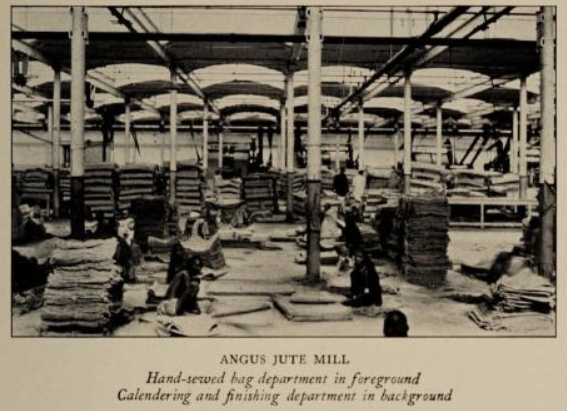This post is part of the MIT Libraries Public Domain Day celebration. Read the full text of public domain books digitized by the MIT Libraries, explore other volumes, and learn about the public domain at our website.

Albert Farwell Bemis, A Journey to India, 1923, p. 29. Public domain via the MIT Libraries
A Journey to India, 1921-1922 by Albert Farwell Bemis is an account of a world trip taken by a father and his son about three years after the end of WWI from New York via France, Egypt, India, China, Philippines, and Hawaii back to Boston. Farwell Bemis, a contemporary of Mahatma Gandhi who studied civil engineering at MIT, became a businessman and owned a jute mill an hour north of Kolkata (Calcutta), in Bhadreswar, in West Bengal, India. He is also known as an authority on housing, one who established a trust to fund research on the topic.
The book has insightful observations about travel, co-travelers, economic/industrial development, deep history, and culture. He seems to have thought that industrialization and modernization were inevitable realities despite the efforts of leaders like Gandhi, whom he clearly understood little, to reverse their adverse consequences: “I took a hurried trip to Bombay to see something of the cotton industry, at present the most prosperous of all Indian industries owing to the Gandhi-ites’ Swadeshi [referring to Hind Swaraj, Indian Home Rule] propaganda.” (p. 36)
He is overall a thoughtful traveler who advises his fellow Americans to “let us devote ourselves to our own industrial problems, our own racial problems, involving negroes, American Indians, and immigrants of countless races, and our own political problems, before attempting to tell other nationalities how to run their affairs.” (p. 55)
